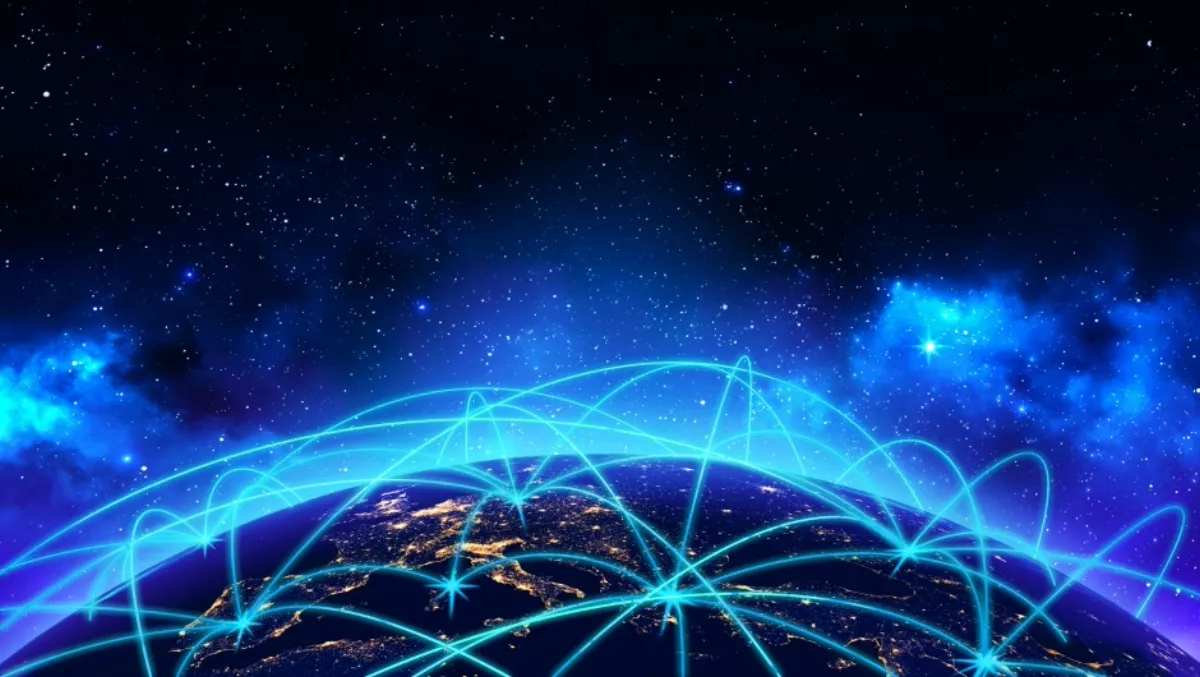
Talking digital business, Industrie 4.0 and world trade
Imagine a world in which every product has a digital counterpart, inseparable, yet independent, from its physical counterpart. In fact, the digital instance is the only reason for the physical product to exist. As a result of the digital connection, no product will exist in isolation ever again; everything will be connected to everything.
This is the world of digital ecosystems, a concept we discuss in the opening keynote of Gartner Symposium/ITxpo, currently taking place in Tokyo, Japan before moving to Orlando, Florida.
What does this have to do with industrial policy and world trade? This week, I participated in a reception in which Prime Minister Shinzo Abe announced a strengthening of the relationship and collaboration between Japan and Germany relating to Industrie 4.0.
For most North American CEOs, Industrie 4.0 is not a commonly used or recognised term. It is a digital business as defined by collaboration between the German government and large industrial companies in Germany. It now defines digital business in German manufacturing and adjacent industries. Industrie 4.0 is now expanding beyond Germany, taking firm root in China and, over the last 12 months, expanding in Japan through an agreement between Chancellor Angela Merkel and Prime Minister Abe.
These three large economies are using Industrie 4.0 as the basis for agreement to certain standards for IoT, IoT platforms and digital business. In doing so, they are building the digital infrastructure of our future society.
Just as governments play a role in national physical infrastructure, such as transport, so Germany, China and Japan are of the opinion that government should play a role in the creation of a unified infrastructure for the digital economy. All this leads to the obvious question; what are the governments of other major economies such as the US, UK, France and others doing?
Digital business needs to be a key component of government policy. As such, trade policy needs to accommodate and reflect the new reality of digital ecosystems, since the physical product and digital service can be created in two different locations. Trade policy must recognise and treat both differently.
If you've read this far, you will probably be asking yourself why does this matter to me as a CEO, CIO or senior executive? The answer is that digital business is – or is rapidly becoming whether your realise it or not – your business strategy. You therefore need to consider:
-
The involvement of governments in digital business will increase but vary by nation. This may lead to increasing complexity, which inevitably acts as an anchor on innovation and impacts efficiency, or speed implementation due to common standards. Watch this space.
-
If your organisation is operating in Germany, Japan and to some extent China, you will be required to "interface" with Industrie 4.0 standards.
-
As a partner or sub-supplier to an organisation headquartered in Germany and Japan, your digital strategy may become Industrie 4.0 based.
The bottom line is that digital is becoming part of government policy and focus, and thereby trade policy will gradually need to deal with the increasingly complex nature of the inter-relationship between the physical and the digital.

